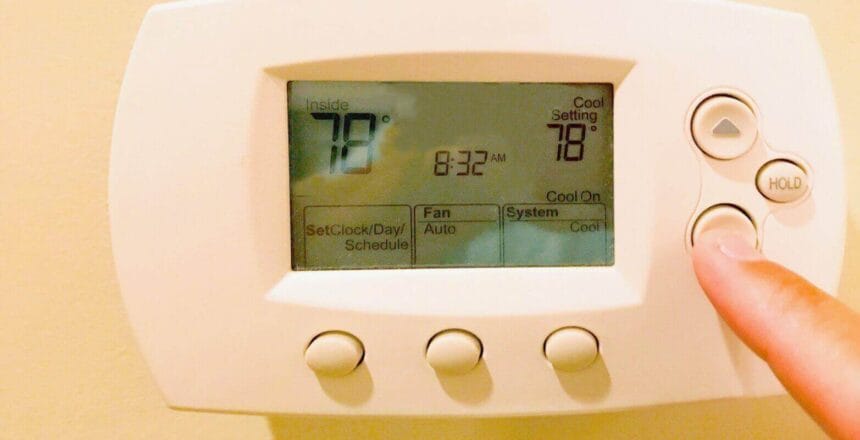As the temperature outside your home heats up, it is important to make sure the temperature inside your home does not. If you have not upgraded your electrical system in recent years, but you have upgraded your central air conditioning system, it is time to do a checkup.
It is important to ensure that your electrical system is the correct size for the unit you purchased. The requirements are usually found in the manufacturer’s manual. Your licensed electrician can check that your circuit breaker has the correct amps, check that the wiring is properly sized and in good condition and check the condition of the junction boxes.
Worst case scenario, you can use a generator to power your central air, but have you had that serviced lately?
Are you using window air conditioners this summer?
Before installing a window air conditioner, you must check the voltage and amperage requirements of the unit. Use a dedicated circuit, meaning that the outlet is not supplying power to any other appliances. It is also a good idea to use a surge protector. Window units use a lot of power!
Check the unit and any visible wires to make sure there is no damage. If you see any damage to the wires, do not use the unit!
Follow the manufacturer’s instructions! If you are unsure of how to install the unit properly, call a licensed electrician. Always better to prepare before the temperature outside is unbearable.
Tips for maintaining energy efficiency
There are a few things to help ensure that you are not paying for air conditioning that you do not feel or that your home is not overtaxing your system.
- Set the thermostat higher when you are not home. Although it is best not to shut it off entirely, there is no need to completely cool your home when no one is there.
- Close the blinds. By keeping the sun out, your AC unit won’t have to work as hard.
- Make sure your home is properly insulated. This is good all year long to keep your air and heating bills down.
- Keep air filters clean from dust and debris. The particles can restrict air flow and cause the units to work harder.
- Use ceiling fans. Fans help to circulate the air allowing the unit to work a little less.
- Upgrading old windows can help improve the seal and keep the cool air in.
- Consider replacing old units. Over time the units become less efficient, which costs more for the same or lower level of cooling.

